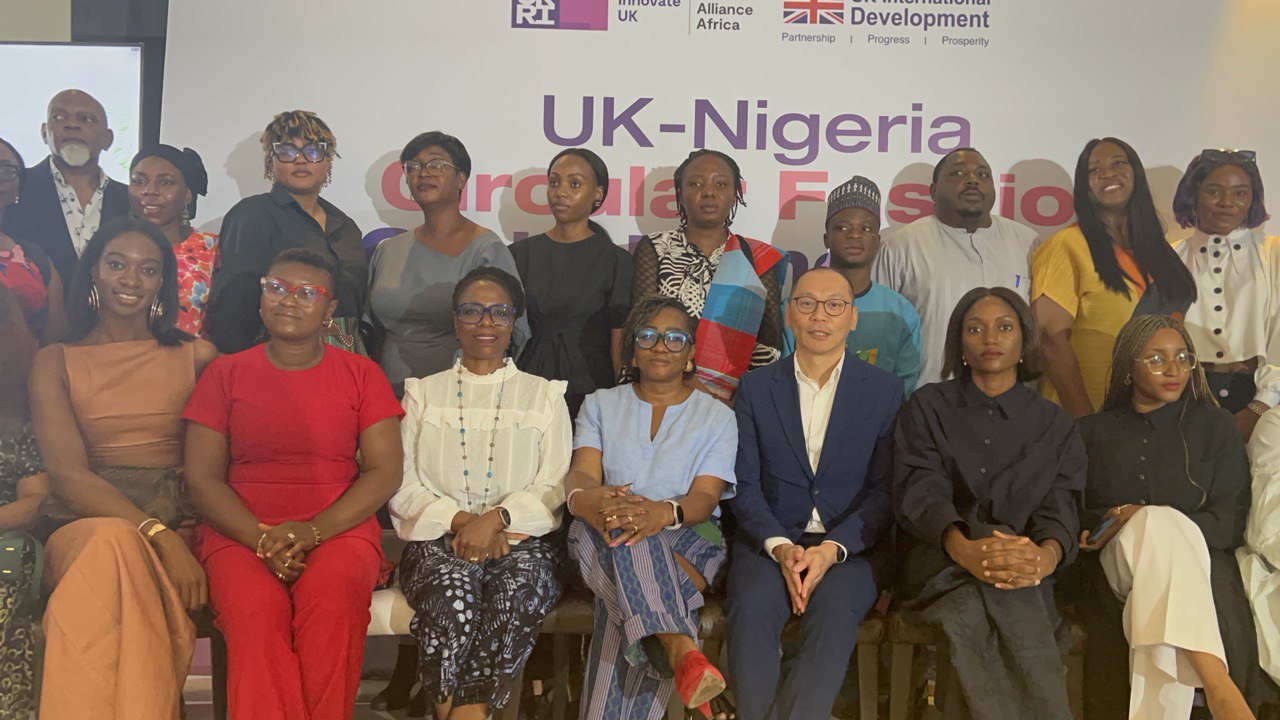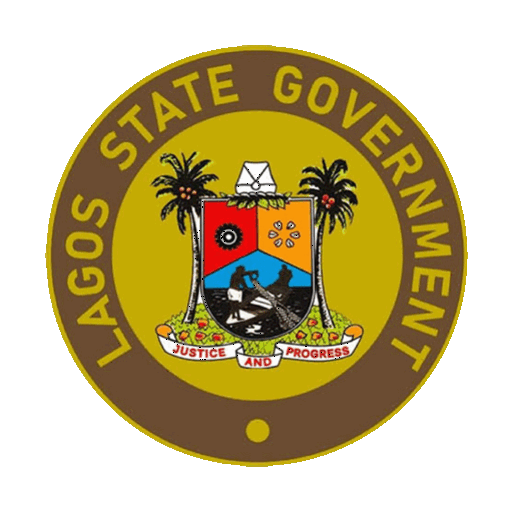
OCCE Advocates for Sustainable Fashion in Lagos State at the Launch of the UK-Nigeria Fashion Initiative
Lagos, Nigeria – May 24, 2024
The Office of Climate Change and Circular Economy (OCCE) has emphasised the crucial role of sustainable fashion in fostering a circular economy in Lagos State, noting that the rapid growth of the Nigerian fashion industry, which is projected to reach USD 1,194 million by 2024, requires an urgent step to infuse and embrace sustainability.
Speaking at the UK-Nigeria Fashion Initiative Launch, the Special Adviser to the Lagos State Governor, Mrs. Titilayo Oshodi, said the growth potential of the sector will only be beneficial if it’s not posing a different kind of risk to lives and livelihoods.
She commented, “By 2029, the Nigerian fashion industry is expected to grow at an annual rate of 9.09%, reaching USD 1,845 million. This remarkable growth presents a unique opportunity to create wealth, generate jobs, and advance the circular economy if we pay attention to it today.”
She furthered that OCCE’s advocacy for sustainable fashion is rooted in the belief that the growth of the fashion industry can serve as a model for integrating sustainable practices and economic development. By promoting circularity in the fashion industry, we can ensure the industry remains competitive while reducing its environmental impact. “This is our preoccupation at the OCCE. We understand that sustainable fashion, like a lot of other industries, isn’t just another trend; it’s a necessary shift towards a more resilient and equitable circular economic model.” Oshodi added.
She said that fashion has become one of the most important industries to spotlight in circular conversations because of its contribution to climate change. She noted that while the fashion industry offers numerous opportunities, it also presents environmental challenges. She emphasised that the fashion industry contributes to 10% of global greenhouse gas emissions, 20% of industrial water pollution, and 85% of all textile waste, predominantly due to fast fashion. Oshodi warned that if caution isn’t taken, the industry’s carbon share could rise to 26% by 2050.
To combat these issues, she informed the audience that OCCE is rolling out several initiatives aimed at promoting sustainability, even within the fashion industry.
She explained that one of those initiatives is the training of fashion entrepreneurs through the ECOnomy Business Network. This initiative aims to create a vibrant community of businesses and professionals dedicated to the principles of the circular economy. “Through the efforts of the ECOnomy Business Network, we will propel circular fashion principles, facilitate networking, promote education, advocate for policy support, provide circular businesses access to finance, and foster innovation, transforming the fashion industry into a model of sustainability.” Mrs. Oshodi stated:.
OCCE is committed to advocating for the sustainability and development of the circular ecosystem in Lagos. The office seeks to unlock the opportunities of circularity to create jobs, grow wealth, and reduce carbon emissions in Lagos. It is seeking to create 50,000 jobs and reduce carbon emissions by 50% by creating new circular SMEs and empowering existing ones within the sector.


